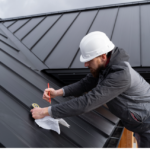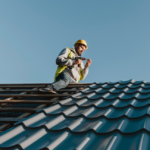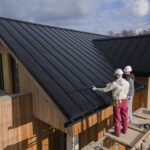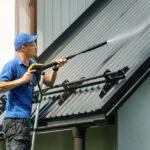Essential Guide: Understanding Metal Roof Grounding Requirements and Best Practices
January 16, 2025 | By Mike Gonet | Filed under: Blog
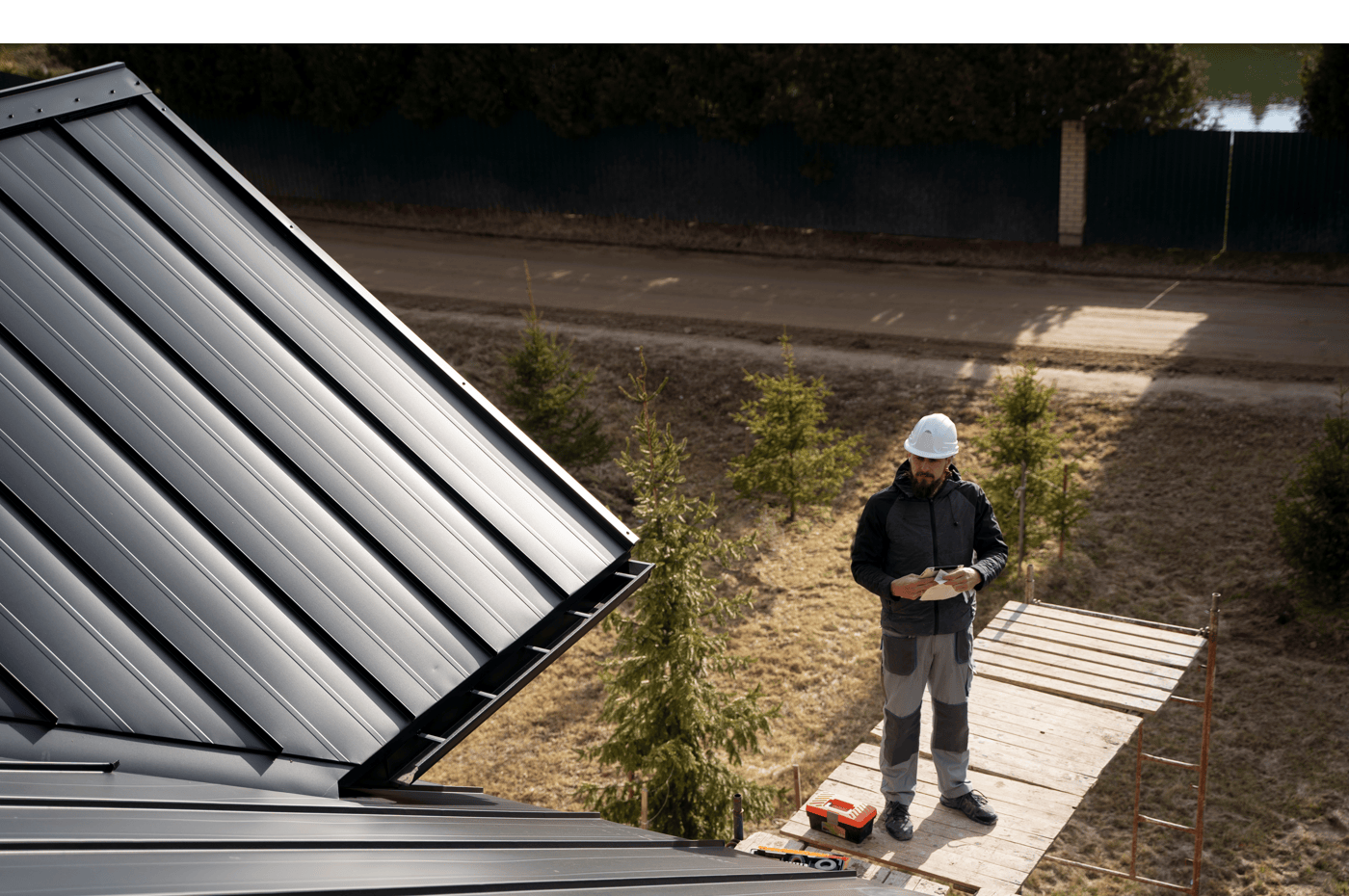
Metal roofs are known for their durability and ability to protect homes from various environmental elements. However, an often overlooked but essential aspect of installing a metal roof is ensuring proper grounding. While not all local building codes mandate grounding, implementing quality metal roofing services with effective grounding systems enhances safety and minimizes risks associated with lightning strikes and electrical hazards. This guide provides a thorough understanding of grounding requirements and practical best practices.
Understanding Grounding Requirements
Grounding regulations differ significantly based on location, so consulting local building authorities is crucial. Many areas with frequent lightning activity follow guidelines from the National Electrical Code (NEC), which emphasizes the importance of grounding metal roofs. Factors like the size of the roof, the height of the building, and the surrounding terrain also influence the need for grounding. Engaging a licensed electrician familiar with these variables ensures compliance with regulations and helps address unique structural considerations. Meticulous documentation of grounding installations is essential for future inspections and maintenance.
Benefits of Metal Roof Grounding
Proper grounding provides a secure pathway for discharging electrical energy from lightning strikes into the ground, reducing the risk of fires and damage to electronic systems. Additionally, grounded metal roofs can minimize static electricity buildup, which contributes to overall safety. Insurance providers often recognize the value of grounded systems by offering lower premiums. Beyond these practical advantages, grounding systems safeguard both the structural integrity of the building and the well-being of its occupants during electrical storms. Regular inspections and maintenance ensure these systems continue to function effectively.
Professional Installation Considerations
The installation of grounding systems is a task best handled by qualified professionals. Licensed electricians possess the expertise to establish reliable connections between the metal roof panels and grounding equipment, using approved materials that adhere to local codes. In regions prone to severe lightning activity, additional protective measures, such as lightning protection systems, may be recommended. Integrating the grounding setup with other electrical systems enhances its efficiency. To avoid complications, it is essential to secure the necessary permits, conduct inspections, and document every step of the installation process.
Maintenance and Testing Requirements
Routine maintenance is crucial for the longevity and functionality of grounding systems. Annual inspections help identify potential issues like corrosion or physical damage to connections. Testing ground resistance levels ensures that the system performs optimally. Keeping detailed records of inspections and repairs is essential for ongoing compliance and system integrity. If any components are damaged, immediate replacement is necessary to prevent potential failures. For more complex installations, professional testing services may be the most effective option.
Troubleshooting Common Issues
Certain signs indicate issues with grounding systems, such as noticeable static electricity buildup or unusual electrical behavior during storms. Corrosion, one of the most common problems, can weaken connections and compromise the system’s performance. Regularly addressing such issues helps maintain conductivity and effectiveness. Prompt repairs of damaged components and a proactive approach to monitoring changes in electrical performance can prevent more significant problems. For complex or persistent issues, consulting experienced professionals ensures reliable solutions and system upgrades when necessary.
Other related posts:
